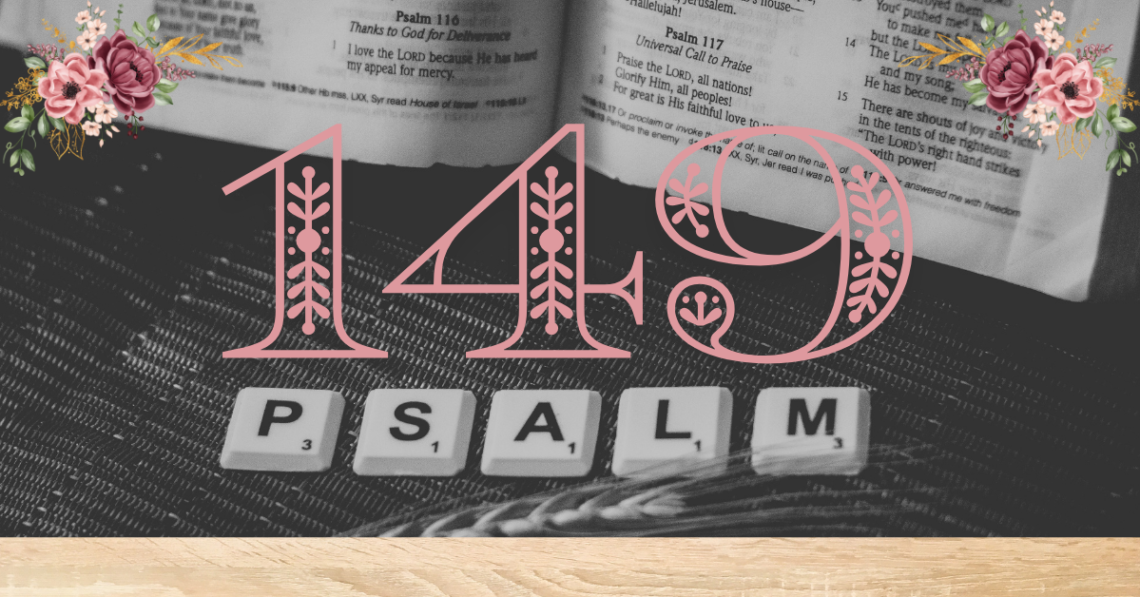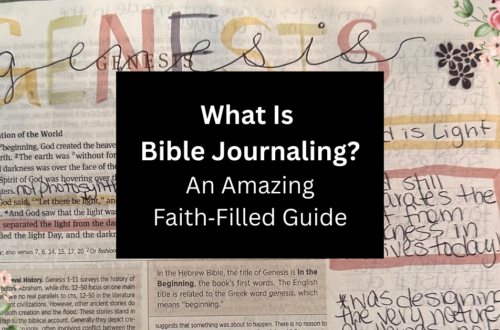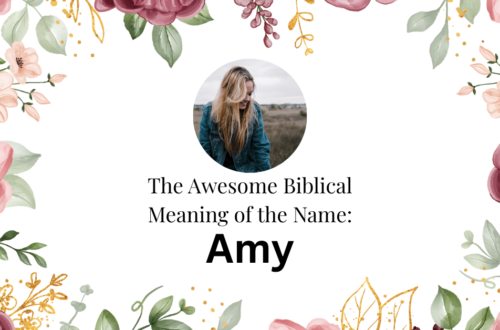Psalm 149 is a call to the people of God to sing a new song of praise, declaring the greatness of God with joy and celebration. The psalm also speaks of God’s power to bring justice, particularly through His people, who are empowered to act as agents of His justice. It is a psalm of victory and triumph, showing that God’s people have a role in executing His justice and declaring His glory in the earth.
Background of Psalm 149
Psalm 149 is part of the Hallelujah Psalms (Psalms 146–150), a collection of psalms that focus on the worship and praise of God. This psalm is a joyful call to God’s people to praise Him, but it also reflects a time when God’s people will triumph over their enemies. It is believed to have been written after the Israelites’ return from exile, as they reflect on God’s deliverance and sovereignty.
What Does Psalm 149 Mean?
Psalm 149 emphasizes the joyful praise of God’s people. It encourages worship with dancing, music, and singing, declaring that God is both worthy of praise and also the One who delivers justice. The psalm also hints at the role of God’s people in executing His judgment on the wicked, showcasing that worship and justice are intertwined in God’s kingdom.

Verse Mapping Psalm 149:1
“Hallelujah! Sing to the Lord a new song, His praise in the assembly of the faithful.” (CSB)
Word Study
Hallelujah – A Hebrew expression meaning “Praise the Lord.”
New song – A song of fresh praise, reflecting the new mercies of God.
Assembly of the faithful – The congregation or gathering of believers who worship together.
Cross-References
Psalm 96:1 – “Sing a new song to the Lord; let the whole earth sing to the Lord.”
Isaiah 42:10 – “Sing a new song to the Lord, sing His praise from the ends of the earth.”
Paraphrase
Praise the Lord! Sing a new song to Him, offering praise in the assembly of His people.
Application
As believers, we are called to bring fresh praise to God, recognizing His ongoing work in our lives and the world around us. Our worship should reflect His goodness and the new mercies He provides each day.
Verse Mapping Psalm 149:3
“Let them praise His name with dancing and make music to Him with tambourine and lyre.” (CSB)
Word Study
Dancing – An expression of joy, celebrating God’s works and His presence.
Tambourine – A percussion instrument, often associated with festive worship.
Lyre – A stringed instrument, used in ancient Israel for worship and praise.
Cross-References
Exodus 15:20 – “Then Miriam the prophetess, Aaron’s sister, took a tambourine in her hand, and all the women followed her, with tambourines and dancing.”
Psalm 150:4 – “Praise Him with tambourine and dance; praise Him with strings and pipe.”
Paraphrase
Let them praise God’s name with dancing and play music to Him with tambourines and lyres.
Application
Our worship should be full of joy and celebration. We can express our praise to God not just through words but through music, dancing, and other forms of joyful expression.
Verse Mapping Psalm 149:5
“Let the faithful celebrate in triumphal glory; let them shout for joy on their beds.” (CSB)
Word Study
Faithful – Those who are loyal and dedicated to God, living in obedience to His will.
Triumphal glory – The victory and honor that comes from God, reflecting His greatness and majesty.
Shout for joy – A loud, exuberant expression of joy and praise.
Beds – This may refer to places of rest, symbolizing that praise can be offered at any time, even in our most relaxed moments.
Cross-References
Psalm 63:5 – “My soul will be satisfied as with fat and rich food, and my mouth will praise You with joyful lips.”
Psalm 132:9 – “Let Your faithful people shout for joy.”
Paraphrase
Let the faithful rejoice in the glory of God and shout for joy, even in their places of rest.
Application
Worship should be constant, not limited to certain moments but filling every part of our lives, even our quiet moments of rest.
Verse Mapping Psalm 149:6
“Let the high praises of God be in their mouths and a double-edged sword in their hands.” (CSB)
Word Study
High praises – The highest form of praise, acknowledging God’s supreme greatness.
Double-edged sword – A symbol of power and judgment, often representing the Word of God or a means of victory.
Cross-References
Ephesians 6:17 – “Take the helmet of salvation and the sword of the Spirit, which is the word of God.”
Revelation 1:16 – “In His right hand He held seven stars, and coming out of His mouth was a sharp, double-edged sword.”
Paraphrase
Let the highest praises of God be in their mouths, and let them carry a sword of power in their hands.
Application
Our praise to God is powerful, and it is through His Word that we are equipped for spiritual victory. We are called to wield God’s Word with power in our lives.
Verse Mapping Psalm 149:7
“Inflict vengeance on the nations and punishment on the peoples.” (CSB)
Word Study
Vengeance – The act of taking justice on behalf of God, often in response to wrongdoing.
Punishment – A form of justice for wrongdoers, serving as correction.
Cross-References
Romans 12:19 – “Do not avenge yourselves, beloved, but leave room for God’s wrath, because it is written: Vengeance belongs to Me, I will repay, says the Lord.”
Revelation 19:15 – “From His mouth comes a sharp sword so that with it He might strike the nations.”
Paraphrase
God’s people are called to act as instruments of His justice, bringing punishment on those who oppose His ways.
Application
While vengeance is ultimately in God’s hands, we are called to stand firm in His justice, trusting that He will bring about the right judgment in His time.
How Can We Apply Psalm 149 Today?
Celebrate in Worship
We are called to celebrate God’s greatness with joyful worship. Whether through music, dancing, or simply lifting our voices, we should praise God wholeheartedly.
Proclaim God’s Justice
Psalm 149 reminds us that God’s justice is an essential part of His kingdom. As believers, we can be agents of His justice, speaking out against evil and standing firm in His righteousness.
Live with Joyful Rejoicing
Our worship and joy should not be confined to specific settings. In Psalm 149, we see that praise is to be offered even in our resting places. Our whole lives should be filled with praise.
A Closing Prayer
Lord, we praise You for Your greatness and justice. Thank You for being our protector, deliverer, and King. Help us to worship You joyfully and live out Your justice in the world. Empower us to reflect Your glory in all that we do. Amen.
Final Reflection
Psalm 149 calls us to joyful worship and to stand firm in God’s justice. How can you incorporate joyful praise into your life today? Feel free to share your thoughts or interact with this post to inspire others to join in worship.





